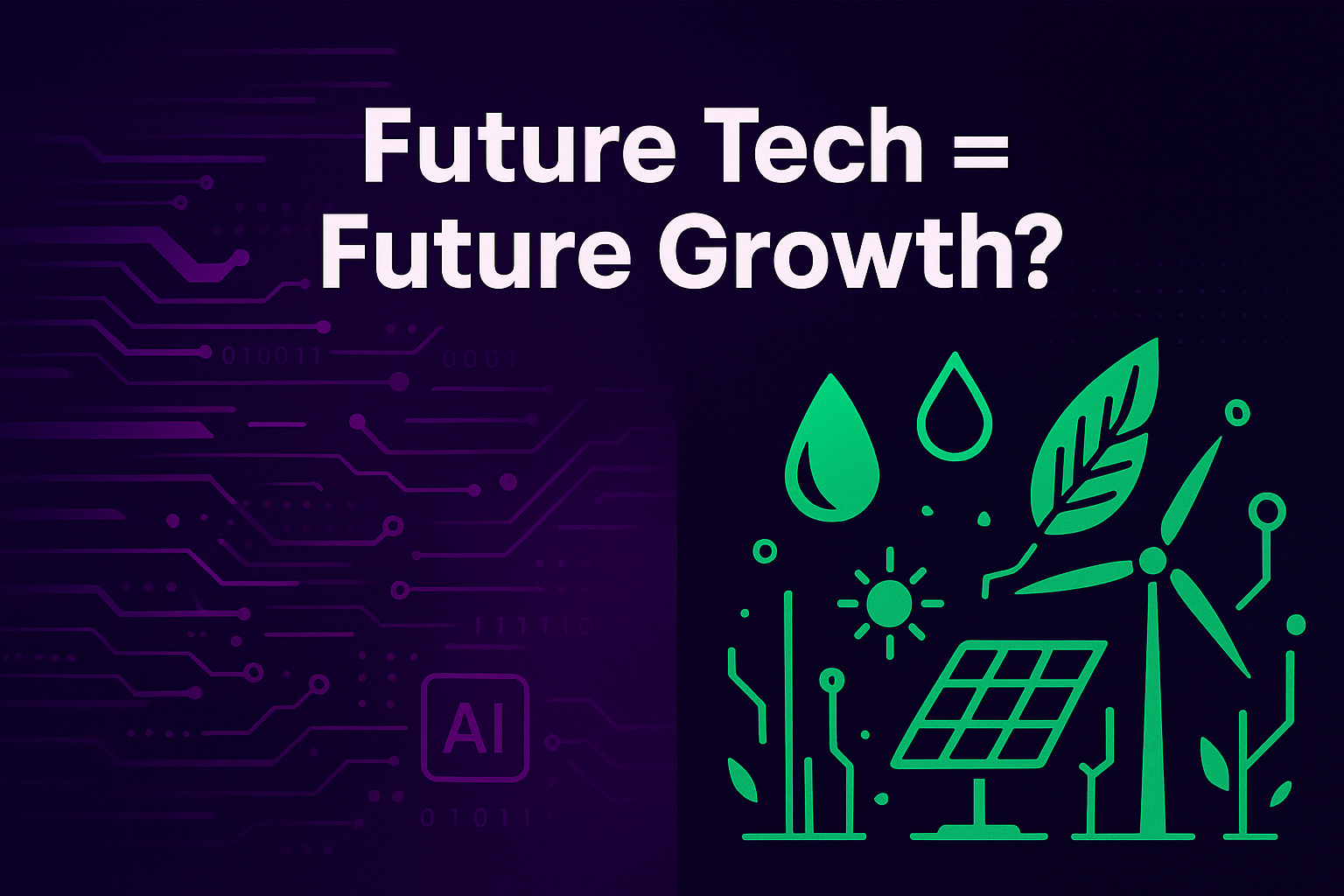Vibe coding your way to your next app? Hacking your way through prompts like a pro? These are the conversations dominating B2B tech right now. Getting ahead on future trends and being an early adopter is what tech people thrive on. Sometimes though, it can feel like a runaway train.
There’s always something new, tech and strategies quickly become obsolete. It might feel like a hamster wheel? Especially when the focus continues to remain on growth despite the tech space getting more and more crowded.
There’s irony in that, despite the overcrowding, tech companies are still trying to outpace each other, accelerate the next releases and gain market share. Maybe it’s time to broaden the horizon?
The growth sector rarely talked about in tech circles
Tech companies get many things right: automation, optimization, digitizing operations. They understand systems, workflows and how to raise capital to support their ventures. Meanwhile there’s another sector that has been focusing on outcomes, but been struggling to scale. This is climate innovation.
Just for scientists and tree huggers? Not so fast, there’s some incredible tech development happing in this emerging sector. Only thing is that it doesn’t seem to attract the same attention because many view it as idealistic, instead of valuable. That’s changing. Sustainability as a business model is showing second fastest growth, across all industries.
One of the reasons so many people have been attracted to tech is the opportunity to innovate, and of course the potential to make a lot of money. But with the market becoming more saturated, perhaps instead of focusing on trying to sell more of the same solutions to the same businesses, tech companies could help climate innovators achieve their goals.
Cross industry challenges
All that data or systems modelling? Apply it to energy efficiency or optimizing water use and suddenly businesses are making better use of their resources. Less spent on utility bills, more money available to invest in development. Not to mention creating a resilience buffer for when the next big price increases hit.
Climate tech is a growing sector. Not surprising considering the environmental pressures that have been experienced around the globe. People in tech see the opportunity to use their skills and knowledge to make a positive environmental impact
There’s no lack of innovation, but climate interventions are complex. Most importantly they don’t fit traditional business models, because at their core they’re focussed on reducing materials, waste and impact. It’s a lot of moving parts to try coral into a working system. Especially as there are often trade-offs and priorities need to be determined.
The challenge is not to make so many trade-off’s that the impact gets diluted and the original mission ineffective. An often talked about example is AI and how it has the potential to accelerate environmental efforts. It does, but if the energy and water consumption of data centers is entirely ignored and not accounted for, the positive impacts will be significantly less.
Climate Tech requires holistic broader strategy as well as detailed systems thinking. Is the B2B tech sector up for the challenge?




